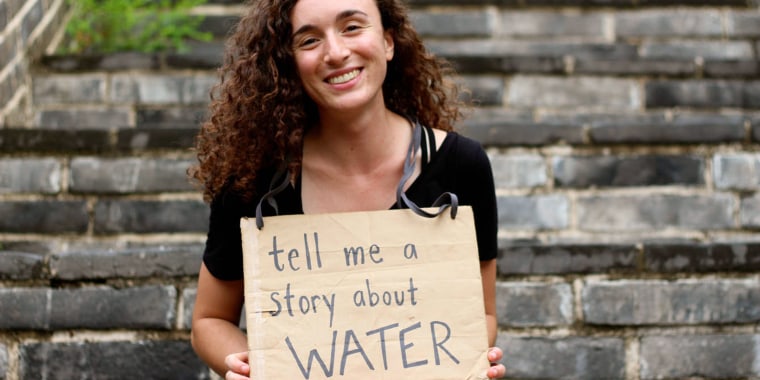Devi Lockwood has traveled the world over the last several years, talking with people about climate change, but she's spent the majority of her time listening.
The journalist set out in 2014 with the goal of recording 1,001 stories on water and climate change. Along the way, she learned that deep listening is one of the keys to tackling our climate crisis.
"Deep listening is listening without the intention to respond," she told TMRW. "This kind of listening is urgently needed in the climate crisis because listening is the first stop on the way to solution building. If we’re building solutions that don’t take into account the voices of people who will be impacted, it’s dangerous — and more importantly, ineffective."
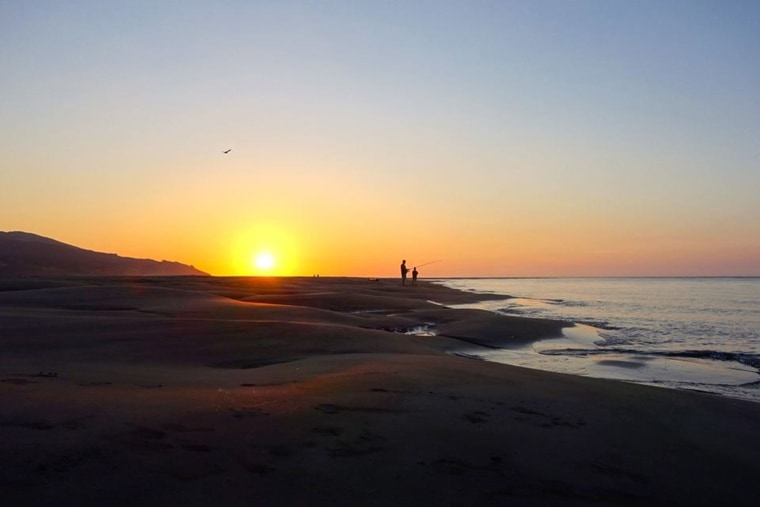
The author compiled her deeply reported interviews into the newly released book titled "1,001 Voices on Climate Change," which features insights on the effects of climate change from people on every continent except Antarctica.
Lockwood chatted with TMRW about her experience journeying around the world, the climate change lessons she's learned and her advice for anyone who wants to help create a more sustainable future.
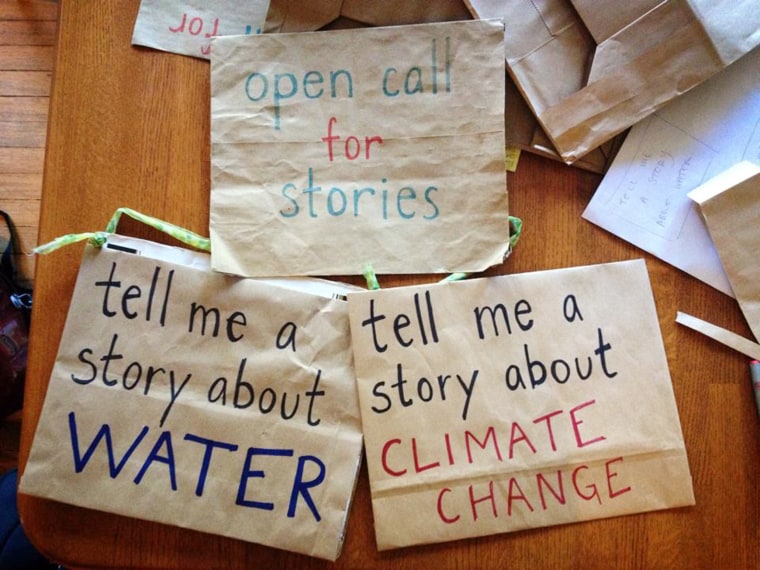
TMRW: In your new book, you tell 1,001 stories about climate change. Why 1,001?
Devi Lockwood: The number was inspired by Alf Layla wa-Layla, or "One Thousand and One Nights," a series of interlocking tales that is hundreds of years old. Angry that his wife cheated on him, King Shahriyar ordered that she be executed. He then married every other woman in the kingdom, enjoyed their company for a night, then murdered them in the morning.
When it’s time for Shahrazad (a trickster) to marry Shahriyar, she tells him a story that keeps him interested all night but ends with a cliffhanger. The king gets caught up in the suspense of her storytelling and decides to keep her alive for another night, and another night. Suddenly, it’s three years later (1,001 nights), they have two children and he has forgotten that he wanted to to kill her.
Shahrazad tells stories not only to save her own life, but to change the culture in her kingdom. I wanted to emulate her wit — to contribute a series of interlocking narratives to the conversation about climate change with the hope of widening the conversations that we have about these issues.
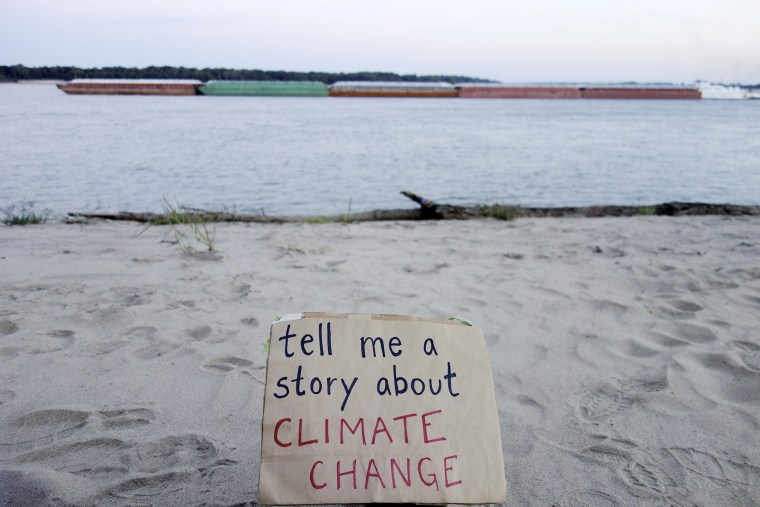
While traveling around the world, you wore a cardboard sign around your neck that reads "Tell me a story about water." What inspired this unique approach to get people talking?
DL: They are interlocking issues. Climate change is difficult to visualize. Water is easy to talk about. I’ve joked before that the water side of the sign is more social than the climate side of the sign. Everyone has a story about water, whether it’s living through a flood or experiencing a drought or simply learning how to swim. Water was the conversation starter, and sometimes climate change was the destination.
I’m also interested in the way that we tell our stories of self and place through the bodies of water that surround us. By slowing down enough to listen, we can begin to unravel the regional and textural complexities in a way that might point us toward solutions.
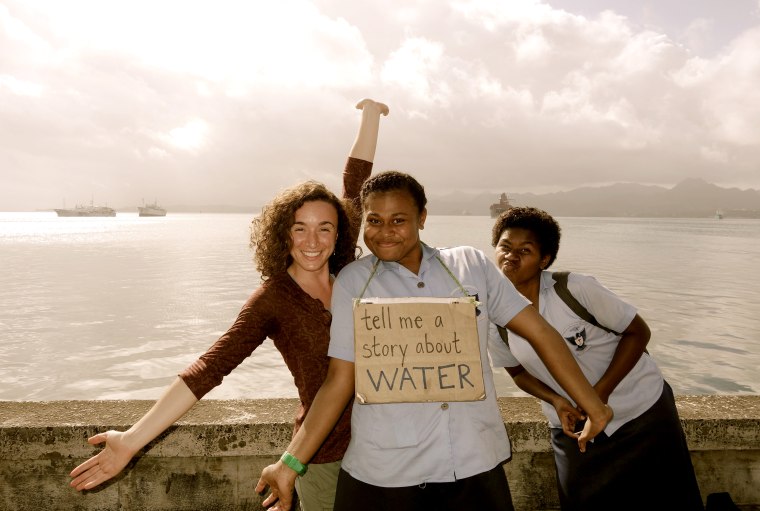
Were there any common themes about climate change that the people you interviewed highlighted?
DL: Displacement, climate migration and food insecurity surfaced frequently. One theme I did my best to highlight in the book is that of joy. There is joy in continuing to live, even in the face of a changing climate.
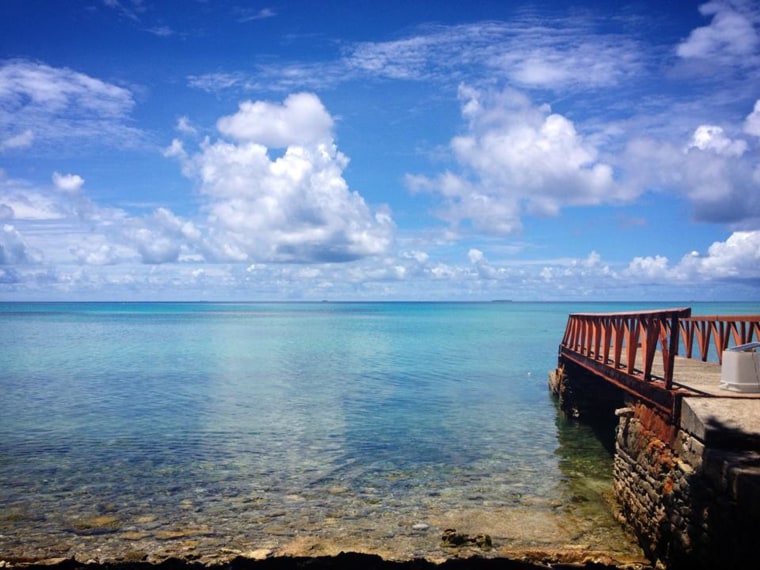
What is the most important lesson you learned about climate change while working on this project?
DL: A core part of this project is about listening. Over the course of several years, I developed a practice of deep listening, which was hard-earned and not instinctual. Deep listening has to start from the basic premise that we are all equal, all worthy of being listened to, all human — that everyone has a story to share, that those stories matter and that we can learn from each other, if only we are fully present.
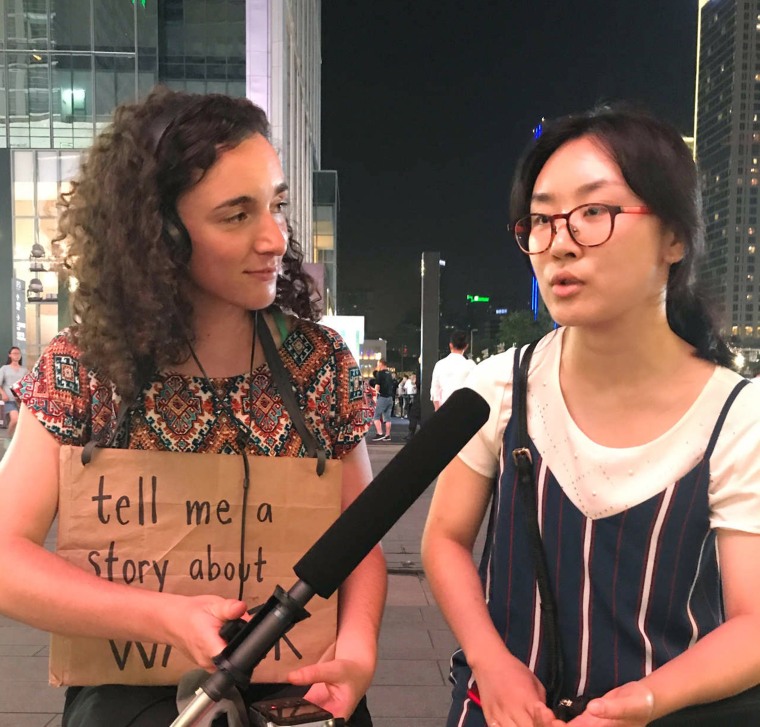
Did you come across any climate change naysayers while working on this project?
DL: Occasionally, yes. I was always interested to learn why people denied climate science, and how they came to reach that conclusion. Often it comes from a lack of understanding of the science, which I see as a failure in science communication. We have a long way to go in clearly communicating climate science to the general public.
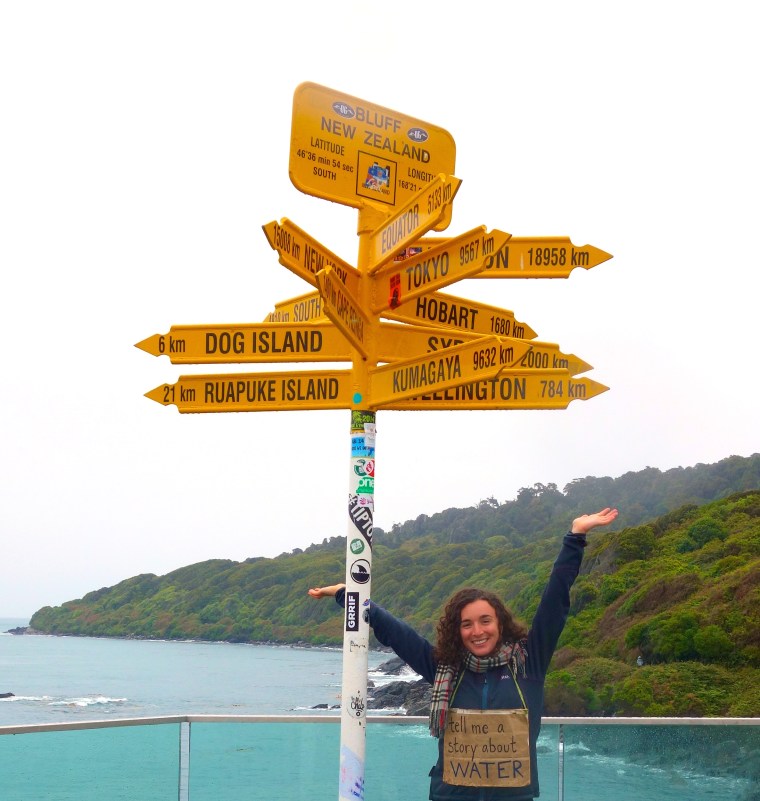
What was your goal going into this project and has it changed at all?
DL: I didn’t start out with the idea for a book. At first I wanted to make an audio map where a person can click on a point and listen to a story from that place. A version of that map exists at 1001stories.org. I would love to collaborate with an archive like The American Folklife Center at the Library of Congress or the Centre for Oral History and Digital Storytelling at Concordia University to make the audio recordings accessible for future generations.
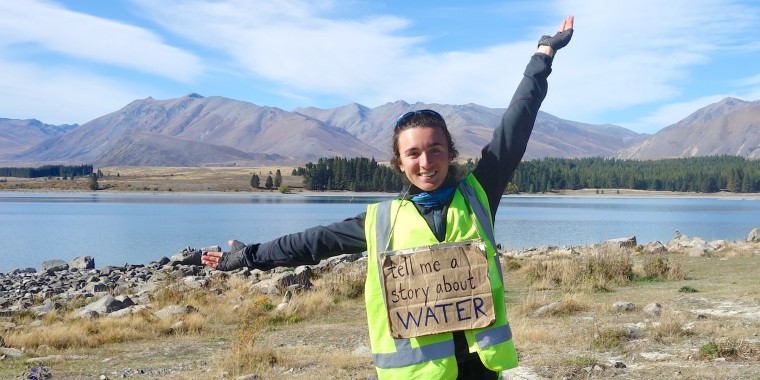
After listening to people's stories about climate change, were you inspired to change your own lifestyle at all?
DL: In March 2015, an environmental activist in New Zealand introduced me to Chris Watson, author of "Beyond Flying," a book of essays that questions the necessity of air travel. “How many flights have you taken since starting this journey?” he asked. I tallied six on my fingers. “The environmental footprint of all that flying will outweigh any other actions you can take,” he said.
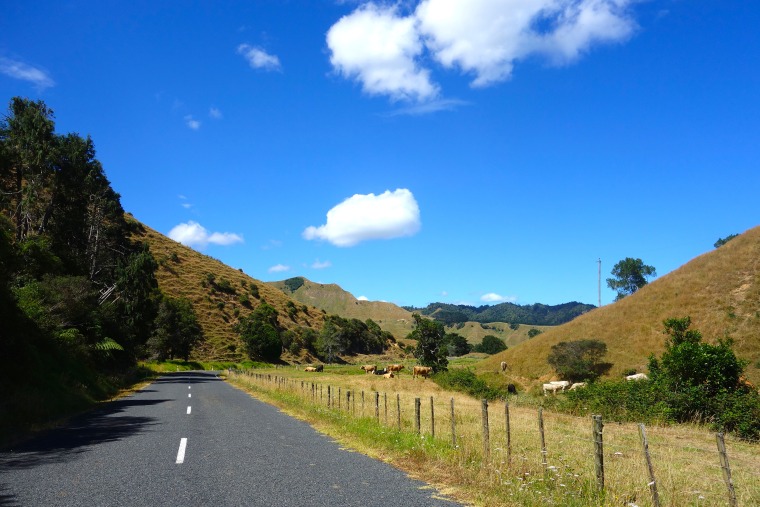
That night, I calculated the tons of carbon dioxide emitted by the sum of those flights using a calculator online. Chris was right. The long-haul flights far outweighed riding my bicycle or choosing not to eat meat. Any decision I made could not override it: Flying is by far the worst thing that many of us do for the planet.
Not one to shy away from a challenge, I decided to see how long I could last without flying. Over the course of a year, I traveled by two cargo ships and two sailboats across the Tasman Sea, and along the east coast of Australia.
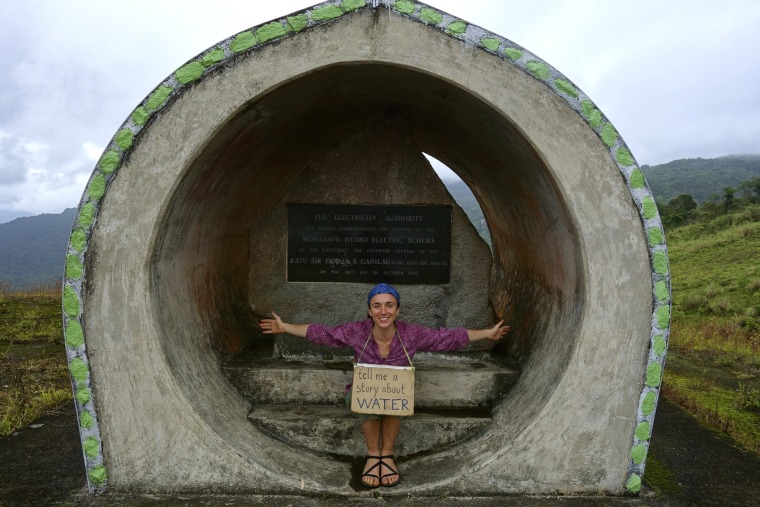
What advice do you have for someone who wants to make an impact on the climate change crisis but doesn't know where to start?
DL: Action should start, first and foremost, from knowing yourself and your strengths. What part of the climate crisis would you like to tackle? From there, find a group in your area who might benefit from that strength you have — collaboration is the surest pathway to success. Taking on the whole climate crisis as a solitary individual is a fast track toward feeling despair. But working together we can achieve incredible things.
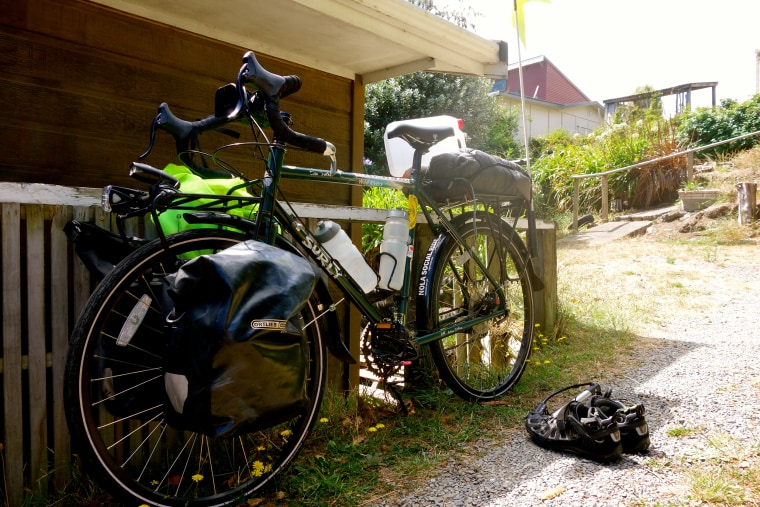
Ready to take action on climate change? Join us at TODAY Goes Green for more stories like this.
Related:
